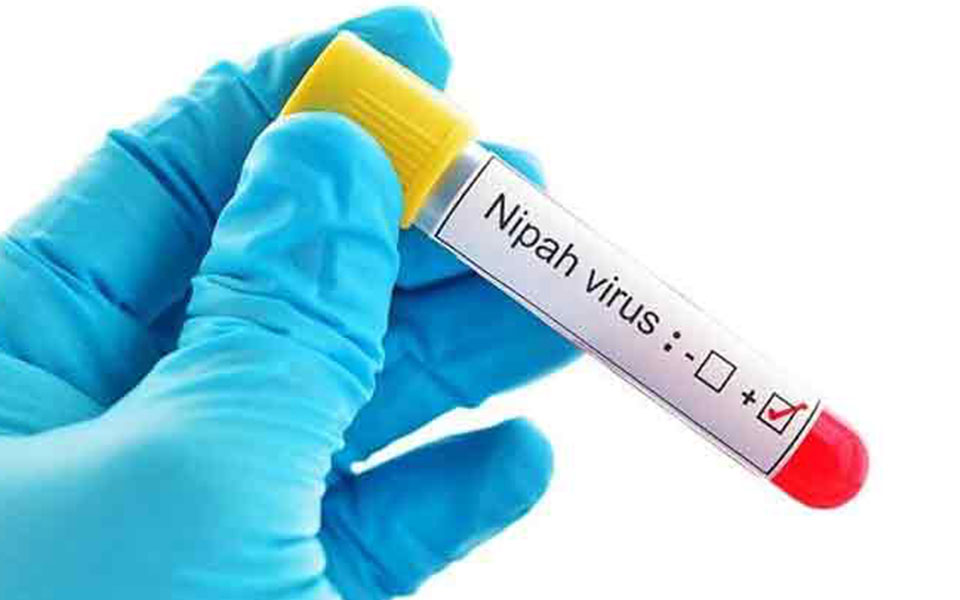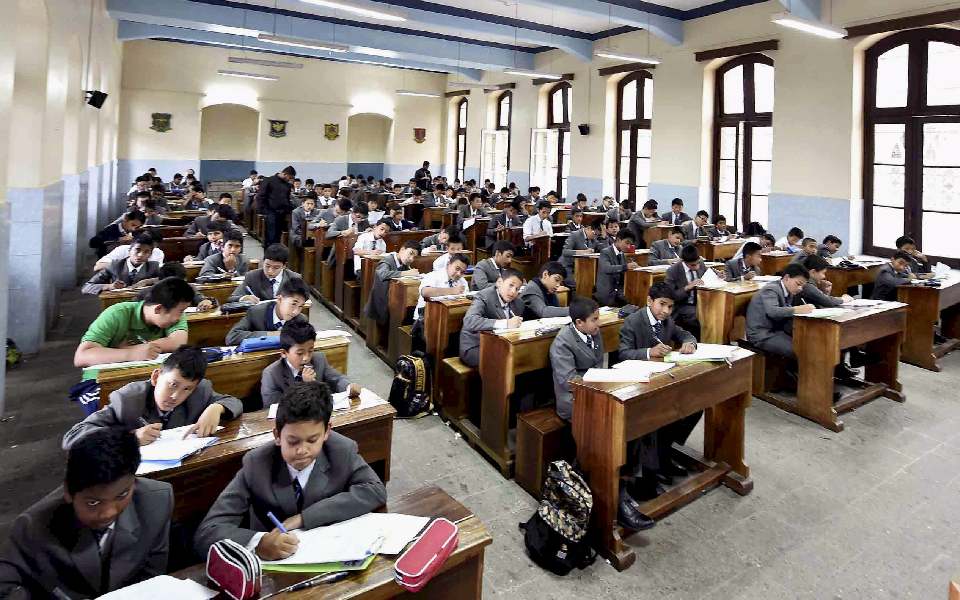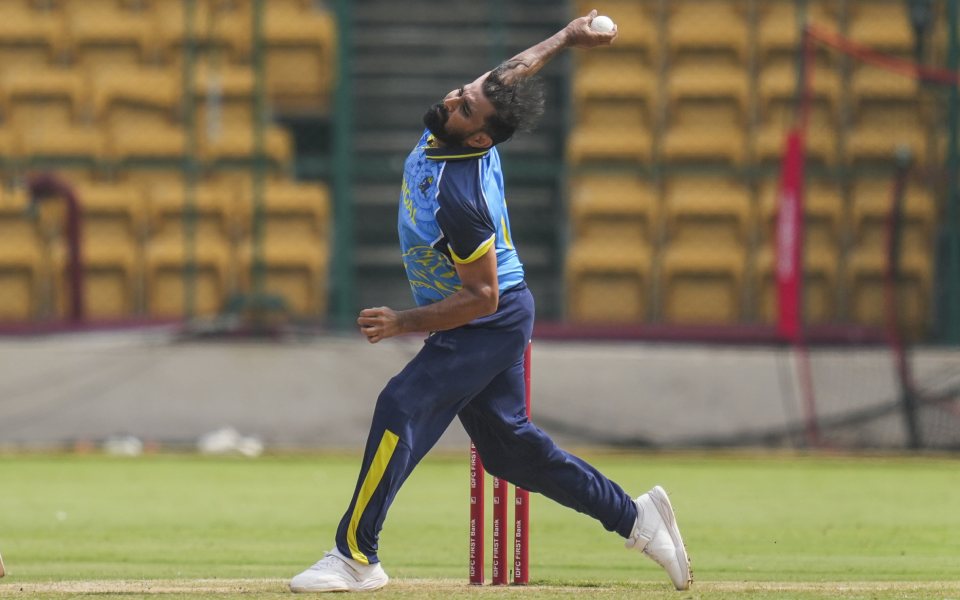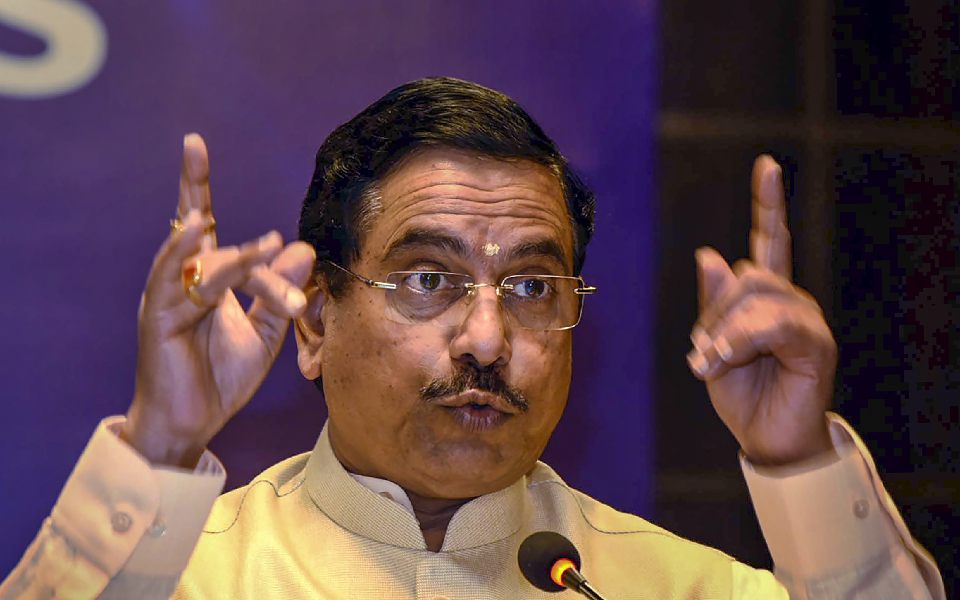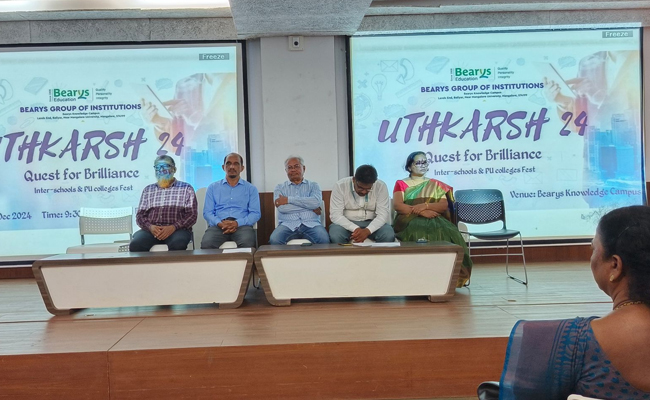Kozhikode, May 29: With the source of the Nipah virus outbreak that has caused 14 deaths in Kerala's Kozhikode and Malappuram districts yet to be ascertained, a batch of fresh five samples from fruit bats will be sent on Wednesday to the Bhopal-based National Institute of High Security Animal Diseases, said officials.
"The samples of fruit bats have been taken from the place where four deaths on account of Nipah virus from one family took place near here. These samples are being sent through a special messenger," said an official on Tuesday.
The move comes after 21 samples from bats and pigs were sent to the Bhopal lab last week but all tested negative as per the results which came out on Friday.
Those samples were taken from bats, found in the house of Moosa of Perambara near here. Moosa as well as two of his sons and another relative died after testing positive for Nipah virus.
Both sets of samples have been collected from the same place, but from different varieties of bats that are found in common near Moosa's house.
While the number of fresh fever cases have come down, three more patients who tested positive are under treatment at the Kozhikode Medical college hospital.
In a related development, Kozhikode police have registered a case after the district medical officer filed a complaint that a fake letter under her name and style is being widely circulated indicating that no one should eat chicken, as it has been found to spread Nipah virus.
Let the Truth be known. If you read VB and like VB, please be a VB Supporter and Help us deliver the Truth to one and all.
New Delhi, Dec 23: The Centre has scrapped the 'no-detention policy' for classes 5 and 8 in schools governed by it allowing them to fail students who do not clear the year-end exams, according to officials.
Following the amendment to the Right to Education Act (RTE) in 2019, at least 18 states and Union Territories have already done away with the 'no-detention policy' for the two classes.
According to a gazette notification, after the conduct of regular examination, if a child fails to fulfil the promotion criteria, as notified from time to time, he shall be given additional instruction and opportunity for re-examination within a period of two months from the date of declaration of results.
"If the child appearing in the re-examination fails to fulfil the promotion criteria again, he shall be held back in fifth class or eighth class, as the case may be.
"During the holding back of the child, the class teacher shall guide the child as well as the parents of the child, if necessary, and provide specialised inputs after identifying the learning gaps at various stages of assessment," the notification said.
However, the government has clarified that no child shall be expelled from any school till the completion of elementary education.
"The examination and re-examination shall be competency-based examinations to achieve the holistic development of the child and not be based on memorisation and procedural skills.
"The Head of the school shall maintain a list of children who are held back and personally monitor the provisions provided for specialised inputs to such children and their progress with respect to the identified learning gaps," the notification read.
According to senior Ministry of Education officials, the notification will be applicable to over 3,000 schools run by the central government including Kendriya Vidyalayas, Navaodyala Vidyalayas and Sainik Schools.
"Since school education is a state subject, states can make their decision in this regard. Already 16 states and 2 UTs including Delhi have done away with the no-detention policy for these two classes.
"Haryana and Puducherry have not made any decision yet while remaining states and UTs have decided to continue with the policy," a senior official said.
States and UTs that have scrapped the no-detention policy include Assam, Bihar, Gujarat, Himachal Pradesh, Jharkhand, Madhya Pradesh, Meghalaya, Nagaland, Punjab, Rajasthan, Sikkim, Tamil Nadu, Tripura, Uttarakhand, West Bengal, Delhi, Dadra and Nagar Haveli and Jammu and Kashmir.
Asked about the delay in the notification since the amendment was approved in 2019, the official explained that the new National Education Policy (NEP) was announced within six months of the amendment.
"By the time amendment was made, NEP was announced within few months. The department (school education and literacy) decided to wait till the recommendations of the new National Curriculum Framework (NCF) were ready to be able to take a holistic view.
"The NCF was ready in 2023 and subsequently the Ministry of Education took the decision and made some changes in rules of RTE implementation," the official added.

